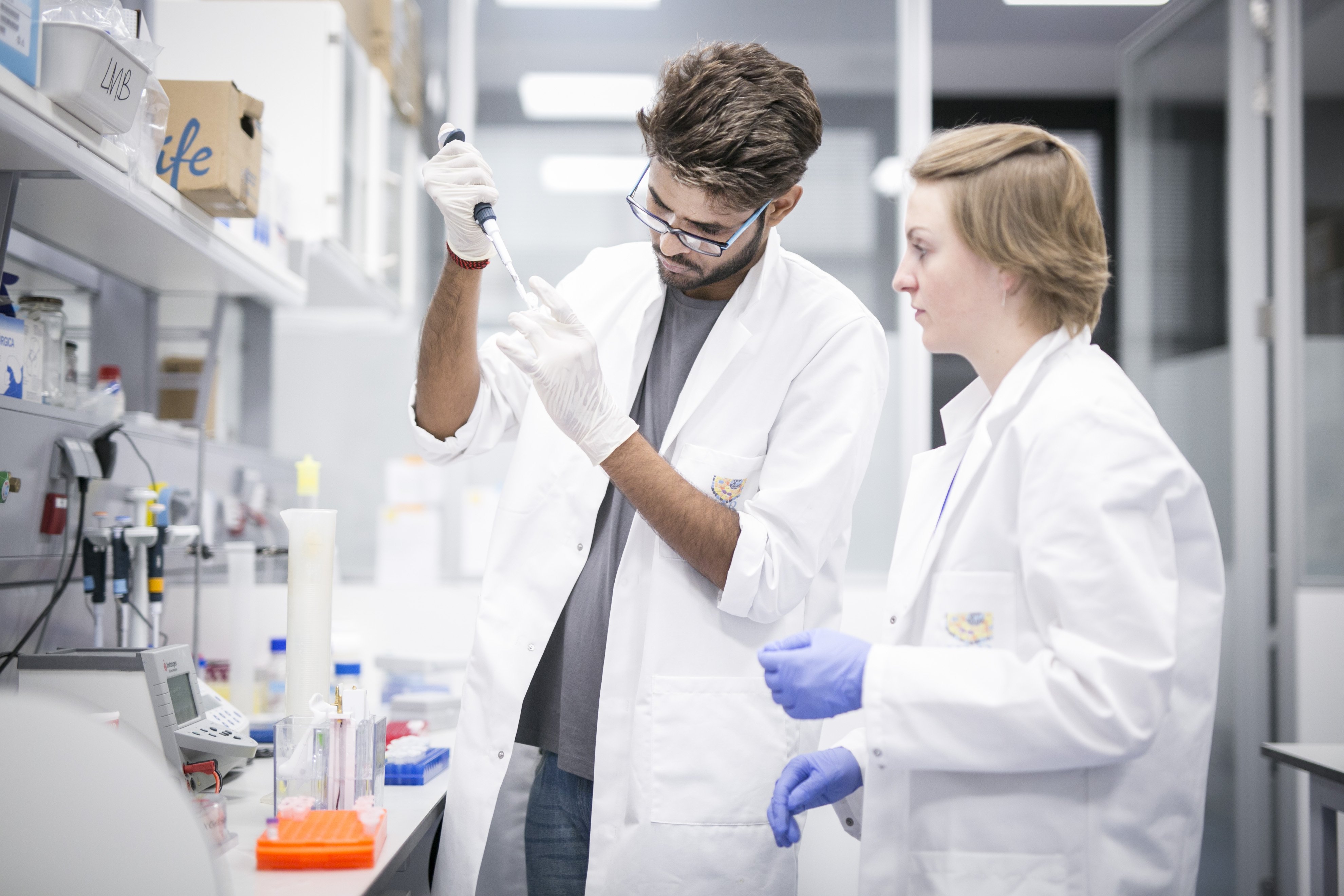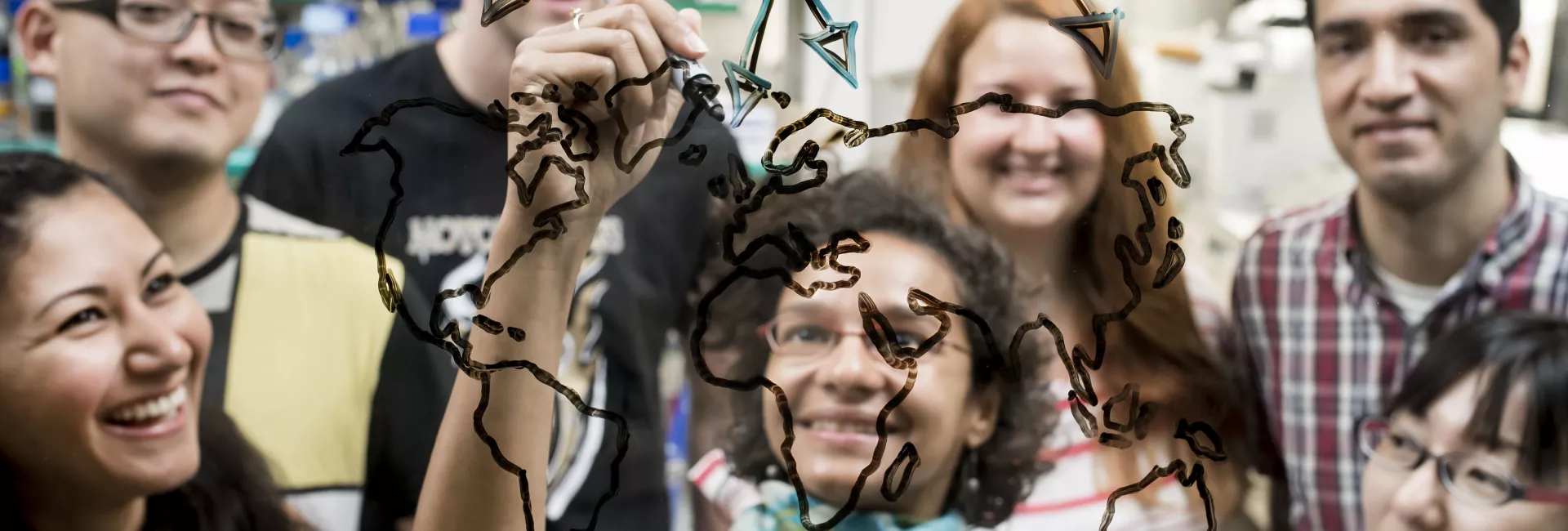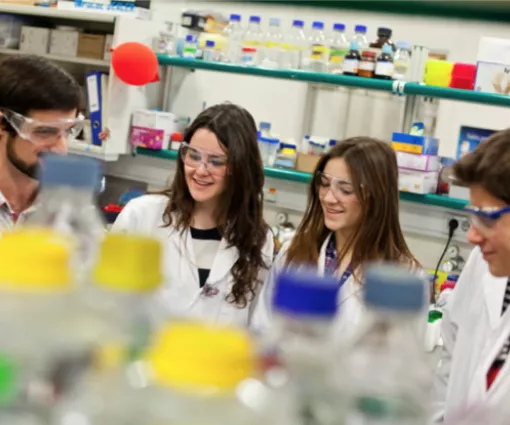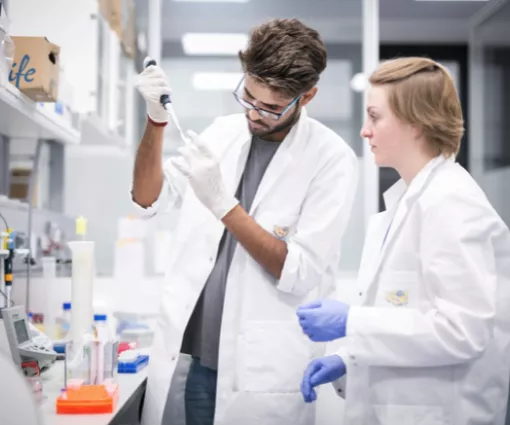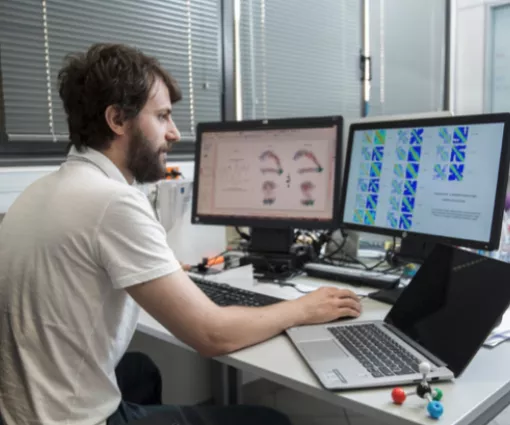IRB Barcelona is a vibrant multidisciplinary institute where scientists address challenging and pressing biomedical problems in a collaborative fashion to provide groundbreaking solutions to unmet medical needs.
Researchers at all levels of their careers are offered customized training and ample career development opportunities.
Image
